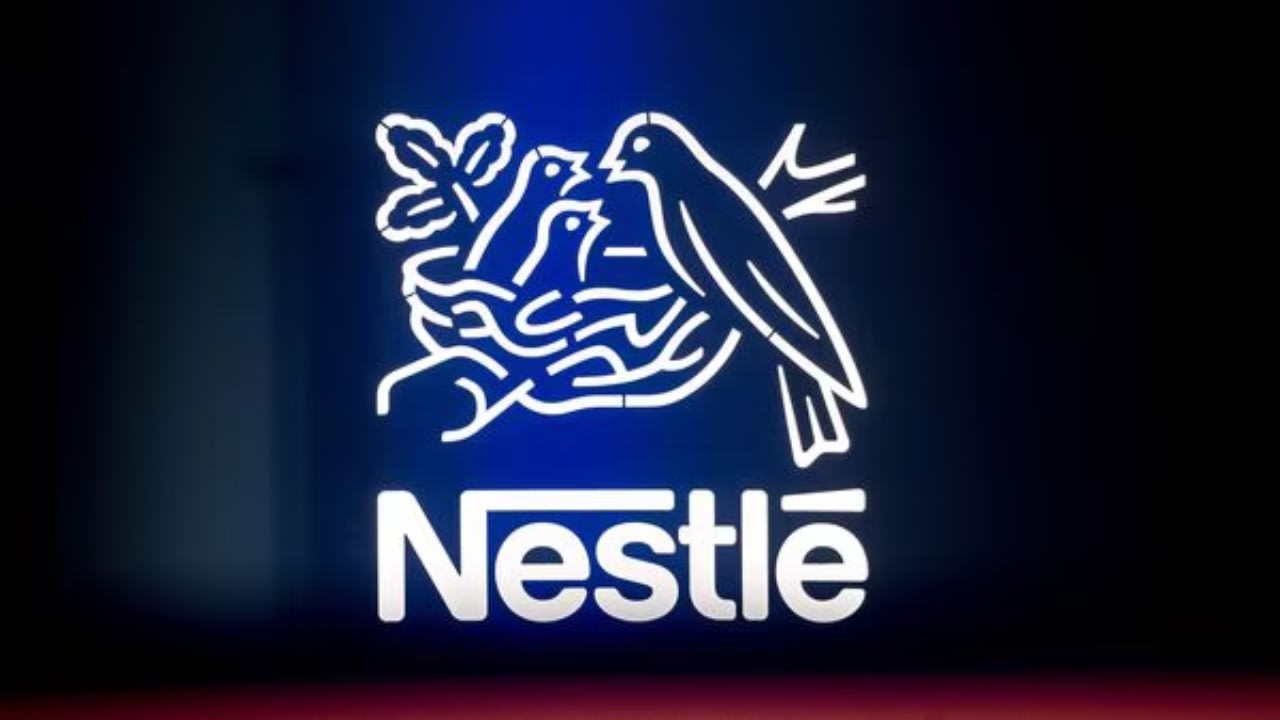Behind all your favorite video games stands an organization with a very real team of workers, and just like any other company, they suffer from the downsides of running a business. Electronic Arts, the force behind popular games like The Sims, Battlefield, and Mass Effect, is tackling layoffs head-on. EA’s restructuring in 2025 is quite expansive, not just affecting the main business, but its sub-company Respawn as well.
News of layoffs at Electronic Arts was first brought to light by Bloomberg News, and the report also revealed that a Titanfall game under development at Respawn Entertainment was also canceled. Now some gamers are more disappointed by the cancellation of the game, however, for the employees at EA, the job cuts easily take precedence.

The EA layoffs are alarming but unsurprising—may expected the cuts considering the company’s history of enforcing them. (Image: Freepik)
EA Layoffs Eliminate Hundreds of Workers, but Some Get a Chance to Relocate
The EA layoffs effectively eliminated around 300 to 400 positions at the company, with another 100 jobs cut at Respawn. Sources suggest that in March 2024, the company had around 13,700 employees globally, with 66% of them working at international locations. The scale of the layoffs at Electronic Arts is small compared to the size of the entire workforce, but the news presents dire consequences for workers nonetheless.
Reports indicate that the cuts at Respawn primarily affect workers in development, publishing, and quality assurance for the game Apex Legend, as well as smaller groups working on upcoming projects. The EA layoffs are not unexpected for workers at the company as there have been multiple cuts made at the organization and the studios that operate under its wing. From BioWare to Codemasters, most teams have seen cuts over the last few years.
What EA and Respawn Had to Say About the Job Cuts
Carefully sidestepping all mention of job cuts and layoffs, EA provided a statement on their decision, “As part of our continued focus on our long-term strategic priorities, we’ve made select changes within our organization that more effectively aligns teams and allocates resources in service of driving future growth.”
The Respawn job cuts came with a similar statement, shifting the focus to the projects affected rather than the people, “As we sharpen our focus for the future, we’ve made the decision to step away from two early-stage incubation projects and make some targeted team adjustments across Apex Legends and Star Wars Jedi.”
“These decisions aren’t easy and we are deeply grateful to every teammate affected—their creativity and contributions have helped build Respawn into what it is today,” the statement continued. EA and Respawn also said that workers who were affected by the cuts would be offered support and the opportunity to explore other opportunities at EA.
The Gaming Industry Is Extremely Volatile and Workers Face the Brunt of It
The EA job cuts in 2025 are just the start of what we can expect from the company. Despite many successful large-scale games to its credit, the company is notorious for clipping the wings of its team if a game fails to meet expectations. In this case, the cuts are being made preemptively, even before games come to fruition.
EA’s offer to relocate some employees to other teams is a very generous one and more businesses in other industries could stand to learn something from the move. It gives employees a chance to look for opportunities internally rather than uproot their lives and look for work in an organization unfamiliar to them. Support post-layoff is critical in aiding employees with weathering the aftermath of such a big shift, which is why employers and their HR teams need a game plan before the news is announced.
At the same time, it’s also fair to be critical of the EA layoffs and the frequent job cuts at the organization and the studios under its supervision. Being associated with good games is a great victory for any business in the gaming division, however, it is also risky to become a business that is frequently associated with treating its employees unfairly when economic uncertainties arrive at your doorstep.
Subscribe to The HR Digest for more insights into the ever-evolving landscape of work. HR trends slow down for no one.










